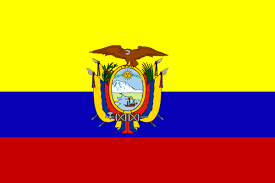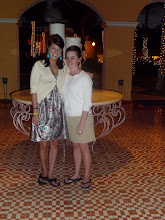





As mentioned in the previous blog, culture is the way of life developed and shared by a group of people and passed down from generation. Our culture depends on where were are from, the family we are born into, and the society we grow up with. As we interact with others and begin to mimic their actions as children, we start to socially construct our culture. Intercultural communication involves the interaction between members of different cultures. These cultures can be defined and distinguished in terms of race, ethnic, or socioeconomic differences.
Often times people are able to experience different cultures and learn more about their own cultures when they travel to different places in the world. Culture is often defined and determined by the continent, country, state, city, or town you live in. Living in the United States, we are accustomed to busy lives, meals on the road, and our own personal space. Americans often experience culture shock when they visit other countries and are exposed to different traditions, values, and actions. I have traveled to many different U.S. states, Canada, Mexico, Dominican Republic, Jamaica, Italy, and Ecuador. I have experienced culture shock in all of these places and often times feel a little uncomfortable getting use to various customs.
The biggest shock I have experienced traveling has been in Ecuador. I went to Quito, Ecuador for Christmas three years ago to visit my brother, who was studying abroad. When my parents and I met his host family, we were greeted with warm hugs and kisses on both cheeks. After a long flight, I was no expecting this gesture, but became used to it by the end of the trip. Throughout our trip, I saw meat hanging and being sold on the sides of the street, I saw little boys walking around trying to shine shoes, and i saw the respect the people showed for everyone. Often times when we would visit churches, my mom and I had to put these pieces of cloth around our legs because our skirts were not below our knees. The respect these people showed for God and others was incredible.
Being there over Christmas break, I was fortunate enough to be able to share Christmas lunch and a present exchange with them. For a typical Christmas meal at home, we usually have ham with a bunch of side and a plethora of desserts, ranging from cutout cookies to cake. For lunch in Ecuador, we had fish soup, accompanied by a cheese soup. It was very different to experience this odd meal. At first I was skeptical, but it ended up being very good. When we were opening presents, I was surprised at how happy they were to receive strawberry and blueberry jam. However, apparently they do not have jam in Ecuador. After the dad had opened one of his presents, he did this odd snapping thing with his fingers. Even though it seemed odd to my parents, my brother and I recognized it easily. The all boys high school were my brother went to school always did the same thing when they though they had done something "cool." I asked my brother about and it and what it meant, and he told me they do that in Ecuador to call one of their children. It was very interesting to see how two different cultures could use the same hand signal in daily life, but they meant completely different things.

No comments:
Post a Comment